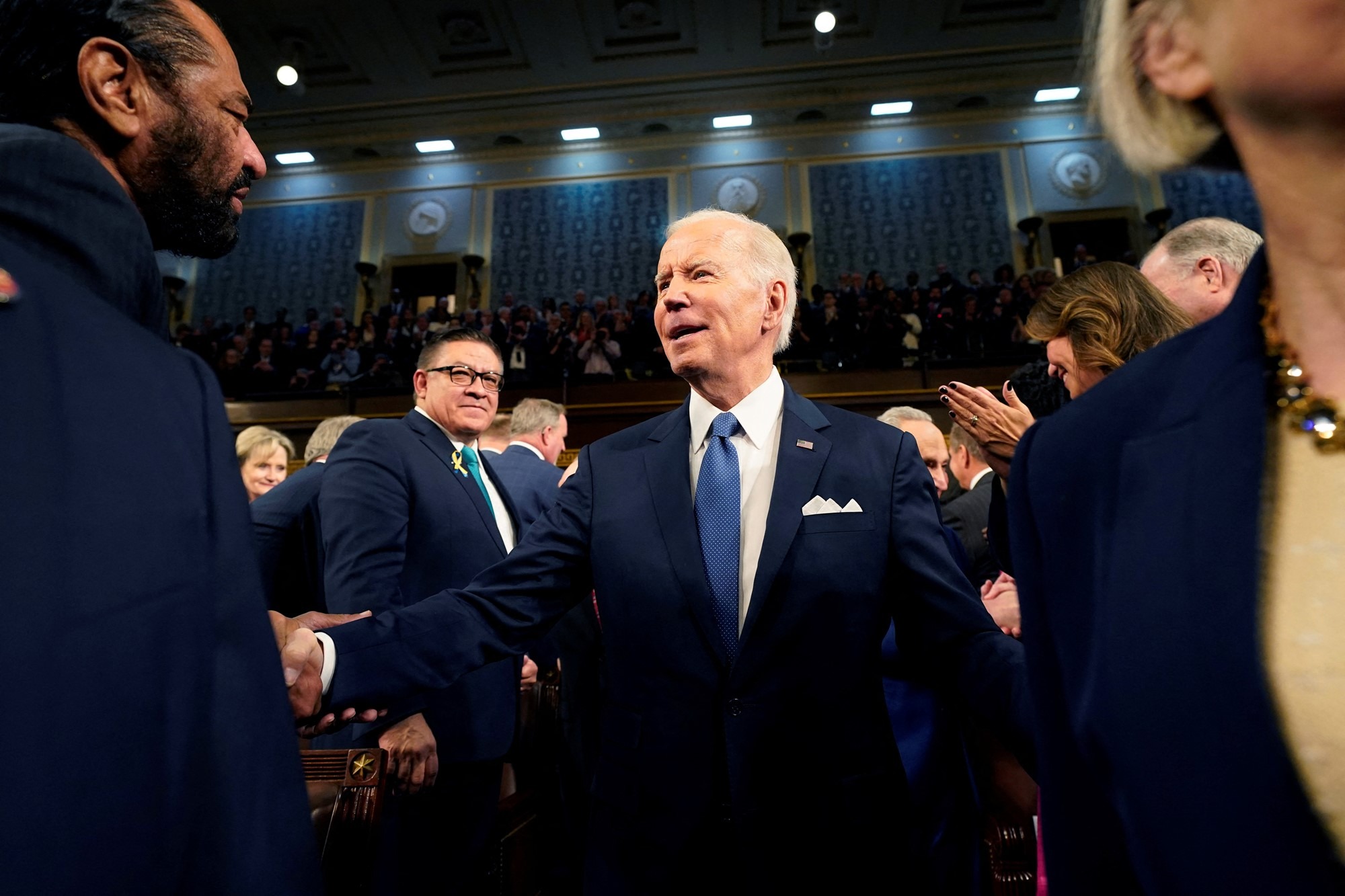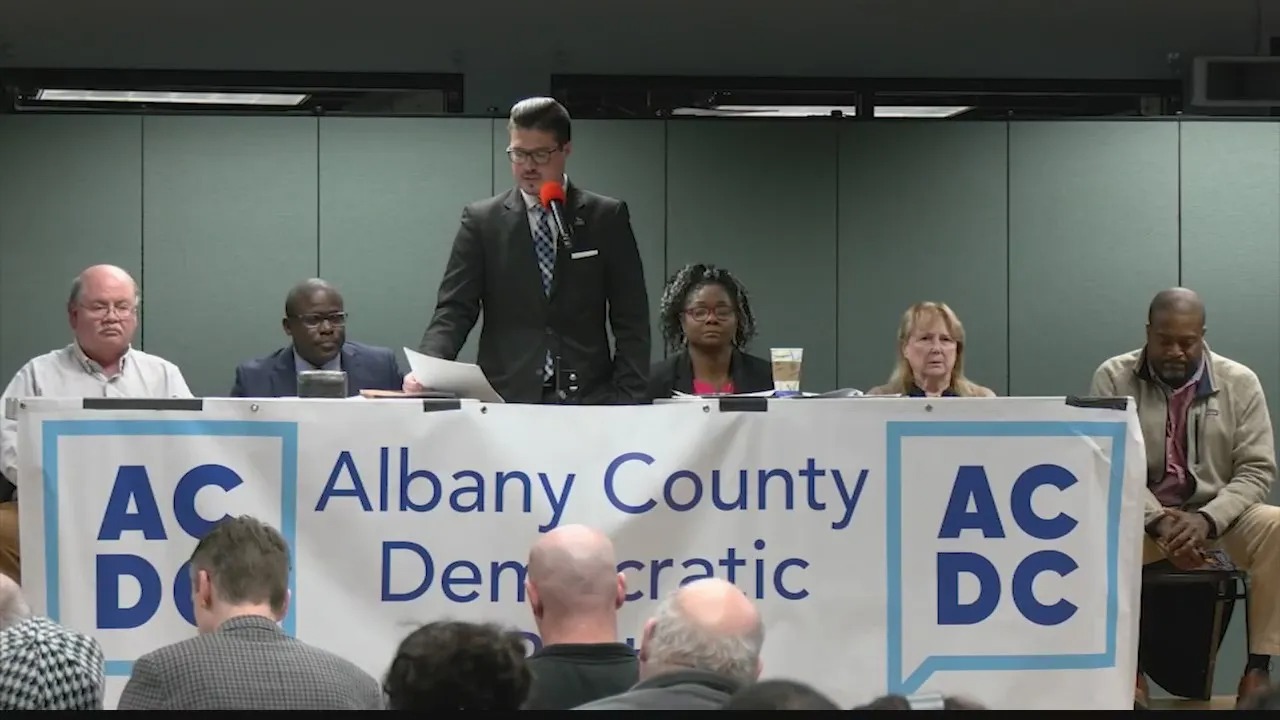In their annual one-house budget resolutions, the Democratic majorities in both the state Assembly and Senate have outlined their negotiating stance for this year’s budget negotiations with Governor Hochul.
Their proposed budget exceeds the governor’s already record $233 billion executive budget by $13 billion. Additionally, despite the governor’s opposition, they plan to increase taxes on high earners and corporations.
The increased spending aims to address various issues, including the proliferation of illegal cannabis shops. Despite expectations of an economic boost from the regulated and taxed cannabis market, the reality has been the emergence of thousands of unlicensed shops operating on a cash basis.

House Democrats (Credits: ABC)
These establishments evade regulations, bypassing fees and taxes imposed on legal cannabis businesses. Efforts to shut down these illegal operations have proven challenging.
For instance, City Councilmember Gail Brewer encountered difficulties in closing down an illicit cannabis shop near her district office.
When the shop was eventually shut down, it was not due to the sale of illegal cannabis but rather untaxed tobacco products. However, the Assembly’s focus appears to be on supporting the legal marijuana market rather than combating illegal operations.
They have omitted the governor’s proposal to empower the state’s Office of Cannabis Management to issue padlock orders for shutting down unlicensed stores. Instead, they propose allocating $80 million to assist legal cultivators and processors facing financial challenges.

Albany Democrats (Credits: Issuu)
The Senate is more inclined to support the governor’s enforcement plan but is also advocating for $128 million to aid marijuana farmers. This approach suggests that taxpayers will end up subsidizing the legal marijuana industry rather than reining in illegal operations.
The proposed budget allocations raise questions about the state’s priorities and the effectiveness of its efforts to regulate the cannabis market. Instead of curbing illegal activities, taxpayers may find themselves footing the bill to support the legal marijuana industry.























